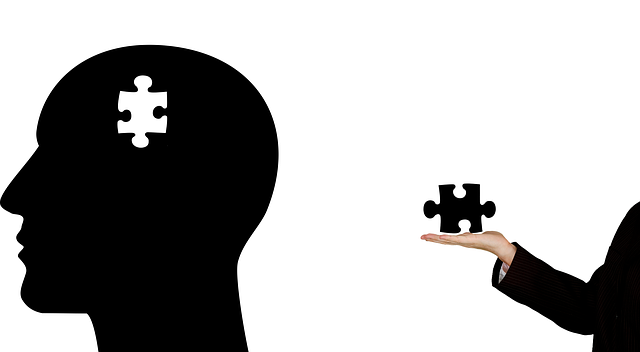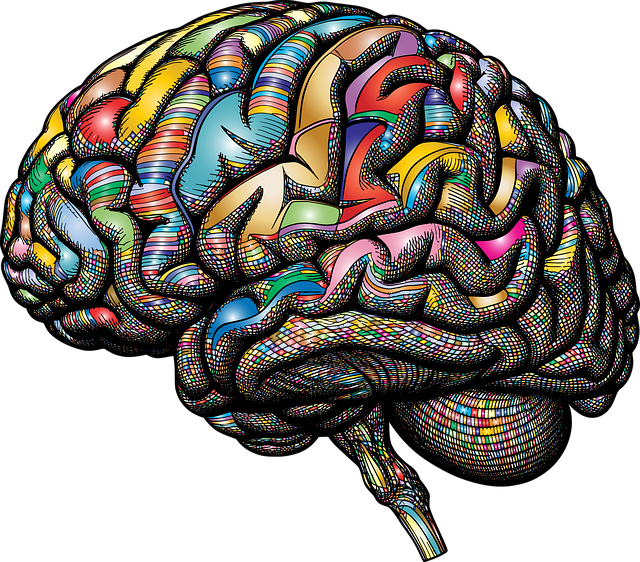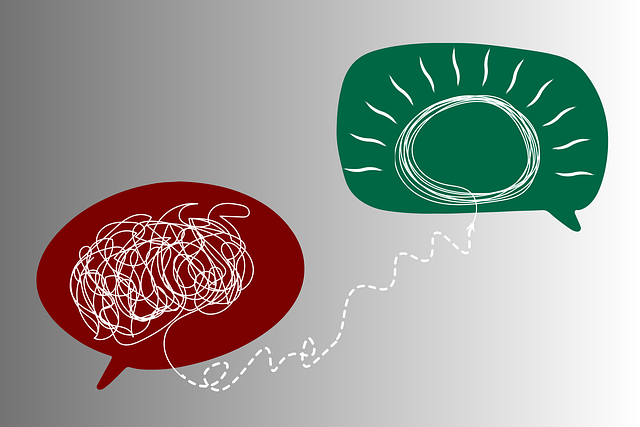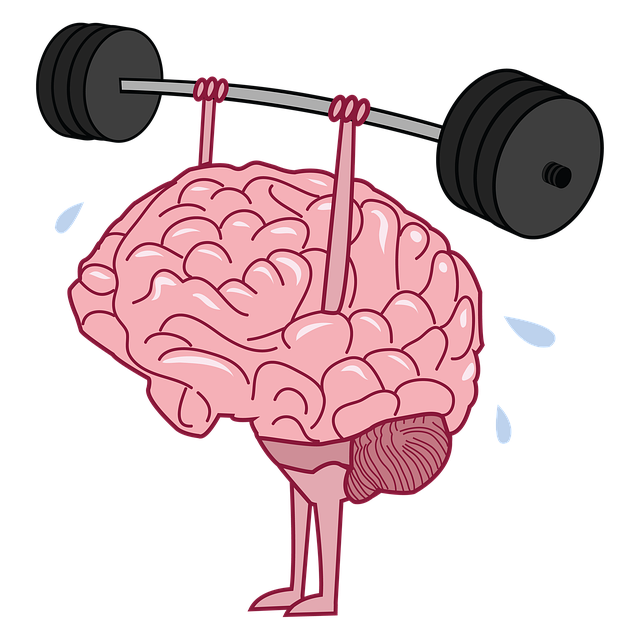Understanding mood regulation is key to tackling mental health challenges, as emotional states impact cognitive functions. Superior Neuro Disorders Therapy offers strategies like Cognitive Behavioral Techniques (CBT) and mindfulness to manage depression and anxiety, modifying thought patterns and behaviors. Recognizing triggers, enhancing emotional intelligence, and adopting lifestyle adjustments like exercise and balanced diets improve mental well-being. Mindfulness practices, social support systems, and structured therapy sessions contribute to long-term resilience and better mood regulation.
Mood regulation strategies are essential tools for managing mental health, particularly in addressing Superior Neuro Disorders. This article delves into the art of understanding and stabilizing emotions, offering a comprehensive guide to effective techniques. From identifying triggers that lead to emotional dysregulation to exploring cognitive behavioral therapies and mindfulness practices, each section provides valuable insights. Learn how lifestyle adjustments and robust support systems can significantly enhance mood management, ultimately fostering resilience and well-being.
- Understanding Mood Regulation and Its Impact on Mental Health
- Identifying Triggers for Emotional Dysregulation
- Cognitive Behavioral Techniques for Superior Neuro Disorders Therapy
- The Role of Mindfulness and Meditation in Calming the Mind
- Lifestyle Adjustments and Support Systems for Effective Mood Management
Understanding Mood Regulation and Its Impact on Mental Health

Understanding mood regulation is paramount in navigating mental health landscapes. Mood, a fleeting emotional state, significantly influences our cognitive functions and behaviors. When left unmanaged, prolonged or intense moods can evolve into superior neuro disorders, impacting daily functioning and overall quality of life. Thus, effective mood regulation strategies become essential tools for maintaining psychological resilience and fostering positive thinking.
Through appropriate techniques, individuals can learn to manage depression prevention triggers, mitigate anxiety relief challenges, and promote emotional well-being. Superior Neuro Disorders Therapy, for instance, leverages evidence-based practices to help clients understand and modify unhealthy thought patterns and behaviors associated with mood disorders. By focusing on positive thinking and adopting proactive strategies, individuals gain the ability to navigate life’s stressors more effectively, enhancing their overall mental health and resilience.
Identifying Triggers for Emotional Dysregulation

Understanding what triggers emotional dysregulation is a pivotal step in developing effective mood regulation strategies. These triggers can vary widely from person to person, encompassing everything from stressful life events and certain environments to specific situations or even memories. For instance, someone with Superior Neuro Disorders might find their emotions spiraling out of control in crowded places, while another individual could be triggered by unresolved past traumas.
Mental Health Awareness promotes recognizing these triggers as a proactive step towards managing emotional well-being. Emotional Intelligence plays a crucial role here; by enhancing self-awareness and the ability to identify personal triggers, individuals can begin to understand their unique response patterns. For mental health professionals, integrating this understanding into Risk Management Planning is essential, as it enables them to guide clients in navigating their triggers and developing personalized strategies for emotional regulation.
Cognitive Behavioral Techniques for Superior Neuro Disorders Therapy

Cognitive Behavioral Techniques (CBT) have emerged as powerful tools within the realm of Superior Neuro Disorders Therapy. This evidence-based approach focuses on identifying and challenging negative thought patterns, which can significantly impact mood regulation. By teaching individuals to recognize and reframe distorted cognitions, CBT empowers them to manage symptoms of anxiety and depression effectively. Through structured therapy sessions, patients learn practical strategies for problem-solving and emotional coping mechanisms.
In the context of Superior Neuro Disorders Therapy, CBT goes beyond simple symptom relief. It integrates various therapeutic techniques, such as Social Skills Training, to enhance interpersonal interactions and support. Moreover, risk assessment plays a crucial role in ensuring the safety of both clients and mental health professionals during intensive interventions. This comprehensive approach not only aids in depression prevention but also fosters long-term resilience and improved overall well-being.
The Role of Mindfulness and Meditation in Calming the Mind

Mindfulness and meditation have emerged as powerful tools in the realm of superior neuro disorders therapy, offering a serene approach to calming the mind and improving overall mental well-being. These practices encourage individuals to focus on the present moment, observing their thoughts and emotions without judgment. By cultivating awareness, one can effectively regulate moods and reduce the impact of stressful situations.
Incorporating mindfulness into daily routines, such as mindful breathing exercises or body scans, allows for better emotional regulation. This ancient practice has gained prominence in modern therapy, especially when coupled with social skills training and trauma support services. Crisis intervention guidance can also benefit from these techniques, providing individuals with a sense of calm during challenging times.
Lifestyle Adjustments and Support Systems for Effective Mood Management

Adopting lifestyle adjustments is a powerful tool for managing moods effectively. Engaging in regular physical activity, maintaining a balanced diet, and prioritizing sufficient sleep can significantly impact mental well-being. These simple yet effective habits contribute to better mood regulation by reducing stress hormones and promoting neuroplasticity, which allows the brain to adapt and recover. Additionally, integrating mindfulness practices like meditation or deep breathing exercises into daily routines can foster resilience building, enabling individuals to navigate emotional challenges with greater ease.
Support systems play a pivotal role in superior neuro disorders therapy. Strong social connections provide a safety net during difficult times and offer empathy building strategies. Whether it’s sharing experiences with peers, seeking guidance from loved ones, or joining support groups, having a solid network enhances one’s ability to manage moods. By fostering open communication and providing non-judgmental spaces, these systems contribute to overall resilience, making it easier for individuals to cope with emotional fluctuations and lead more fulfilling lives.
In conclusion, mastering mood regulation strategies is pivotal for enhancing mental health and well-being. By understanding emotional triggers, employing cognitive behavioral techniques, integrating mindfulness practices, and adopting beneficial lifestyle changes with supportive systems, individuals can effectively navigate and manage their moods. These comprehensive approaches, including the application of Superior Neuro Disorders Therapy, offer a multi-faceted strategy to foster resilience and improve overall mental health.














